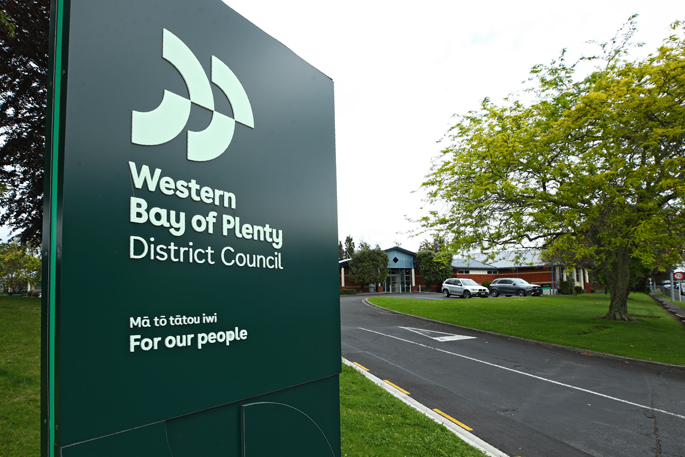The Western Bay of Plenty District Council is seeking community feedback on the proposed Dangerous, Affected, and Insanitary Buildings Policy.
This policy is essential for ensuring public safety by outlining how Council identifies, categorises, and manages buildings that may pose risks due to their condition or location.
The revised policy details how Council will manage buildings considered dangerous, affected by nearby dangerous buildings, or insanitary. It sets out Council’s approach, priorities, and procedures.
This includes how the policy is applied to heritage buildings, to balance historical significance while maintaining public safety.
What are Dangerous, Affected, and Insanitary Buildings?
-Dangerous buildings: A building likely to cause injury, death or damage to other property, or a building likely to cause injury or death due to fire hazard or building occupancy.
-Affected buildings: A building near to a dangerous building or dangerous dam.
-Insanitary buildings: A building likely to cause ill health or does not have potable water (drinking water) or sanitary facilities (suitable toilet/wastewater facilities).
This does not include buildings that are unused or unkempt.
The buildings this policy responds to must meet the definition of Dangerous, Affected or Insanitary under the Building Act 2004. This largely looks at whether there is an immediate risk to people’s safety.
“This policy ensures we have a clear and effective approach to managing buildings that could potentially endanger our community," said Council’s Policy and Planning Manager, Matthew Leighton.
"We want to hear from residents on how we can refine these measures to best meet their needs and concerns.”
While the approach and intent of the draft policy remains the same, Council has reviewed the policy to ensure it aligns with current legislation, reflects community values and to make the policy easier to understand.
Council is not looking to make a step change to take a more proactive approach to the monitoring and enforcement of this policy.
Key updates include:
-Incorporation of ‘affected buildings’ as required by legislation.
-A revised approach that considers social, economic, and cultural factors.
-Updated legislative references and clearer structure for easier understanding.
-Reference to the Heritage New Zealand Pohere Taonga Act 2014, which did not exist at the last full policy review.
“We are committed to a policy that not only meets legal requirements but also reflects our community’s unique needs and values. Your feedback will help us strike the right balance between safety and wellbeing.” says Matt.
Join the Kōrero
Online | Wānanga ipurangi
Visit haveyoursay.westernbay.govt.nz/dangerousbuildings to review the policy and submit your feedback.
Hard copy | Pepa mārō
Feedback forms are available at all Western Bay of Plenty Library and Service Centres in Katikati, Te Puke, Ōmokoroa, and Waihī Beach, or at our Barkes Corner office.
Email | Īmēra
Send your feedback to haveyoursay@westernbay.govt.nz
In Person | Ā kanohi
To provide feedback in person, please email us by 16 October 2024 to secure a timeslot.
Feedback closes 5pm, Wednesday 16 October 2024.



1 comment
Here we go again !
Posted on 16-09-2024 20:50 | By The Caveman
Nameless council bureaucrats generating themselves a job for the next 10 years. Was there anything really wrong with these buildings for the past 25 years ???? Now suddenly there is !!!!!!
Leave a Comment
You must be logged in to make a comment.